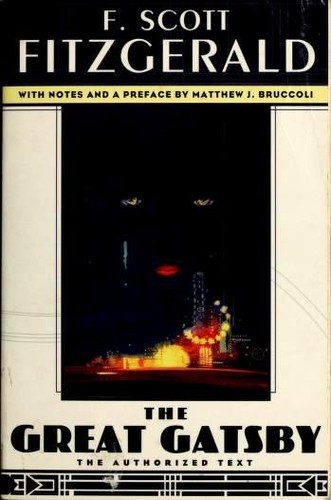David Atwell reviewed The Great Gatsby by F. Scott Fitzgerald
Review of 'The Great Gatsby' on 'Goodreads'
4 stars
How does one review the Great American Novel™ without sounding like a hipster or a jerk?
First of all, the prose is gorgeous. Some writing you drizzle on your tongue like honey; some you cut into like steak (or maybe like vegetables); some you down like water. Fitzgerald's prose is fired at you like a fire hose, and you don't so much drink it as try not to let it bowl you over. The words individually are refreshing and packed with such meaning, but then on the whole they become an onslaught. An attack even. It's enjoyable in a terrifying way.
It's also unerringly true in that way only fiction can be. Everyone has secrets, everyone has regrets, everyone gets pulled along further than they might wish. By the end there are only one or two really likeable characters. You don't really know what you hope happens anymore.
The novel has one foot dipped in the waters of modern fiction, a world flowing freely from (I'm sure) this book itself and dripping with the shades of gray people; and the other firmly planted in the word choice, idiom, and propriety of the previous generation. Its short length makes its stance for this maneuver quite narrow, showing how little difference there can be between them.
But I don't know how I feel about it at the end, and perhaps that's the brilliance of it: rather than a plot twist, the novel ends with an emotion twist. I don't know how I'd have reacted to this novel if I'd read it as a teen, but I'm sure I'd be insufferable about "the last and greatest of all human dreams; for a transitory enchanted moment man must have held his breath in the presence of this continent, compelled into an æsthetic contemplation he neither understood nor desired, face to face for the last time in history with something commensurate to his capacity for wonder."
Despite it all, I think that's what I'm left with at the end of The Great Gatsby: not joy or elation (or even relief or disgust), but wonder at what I just experienced.

